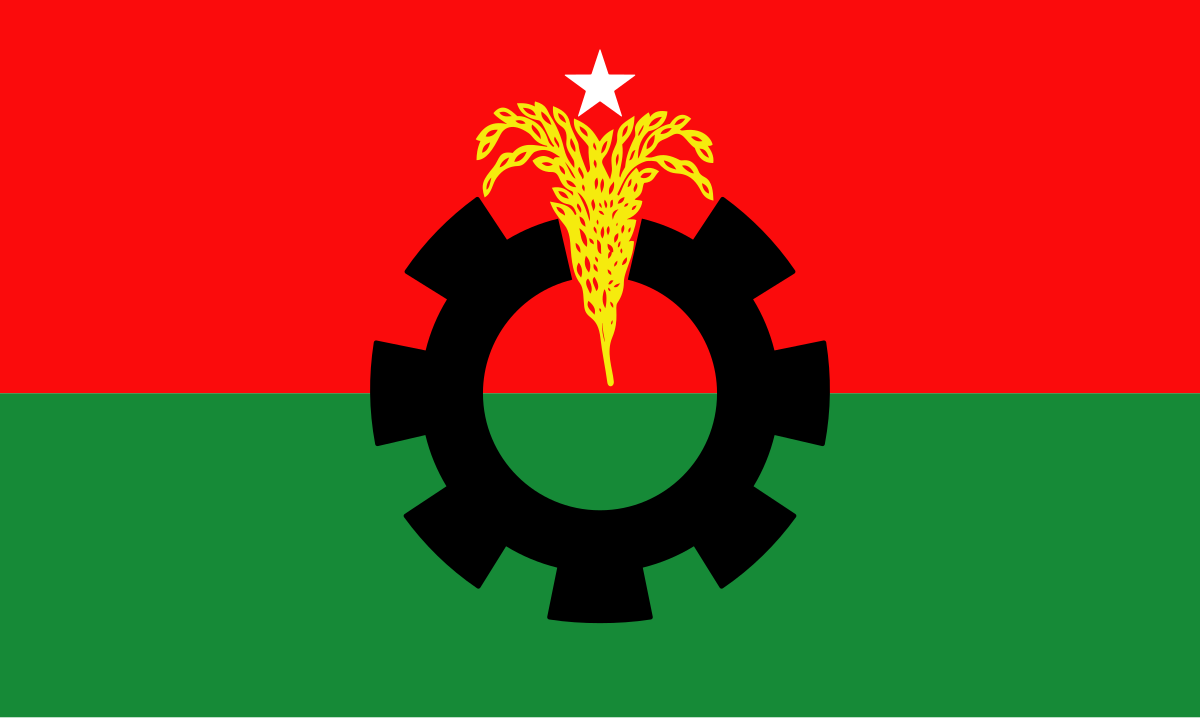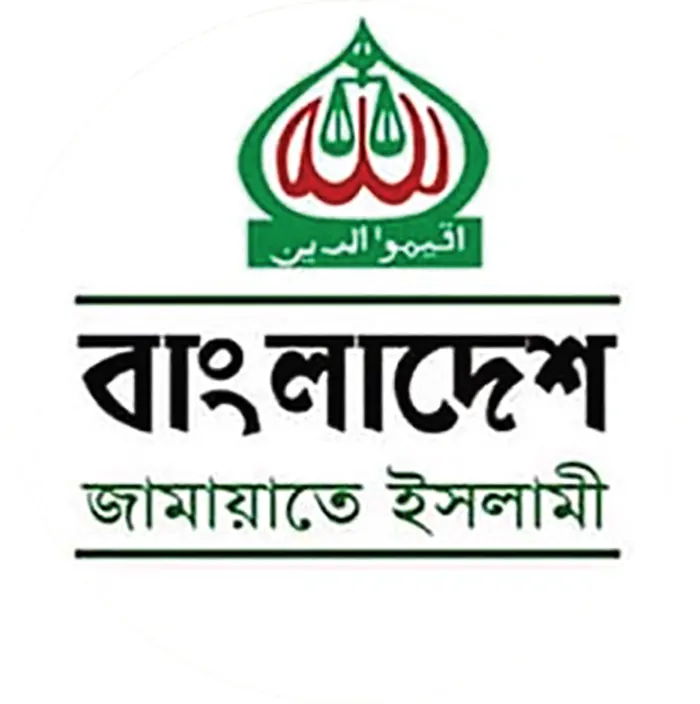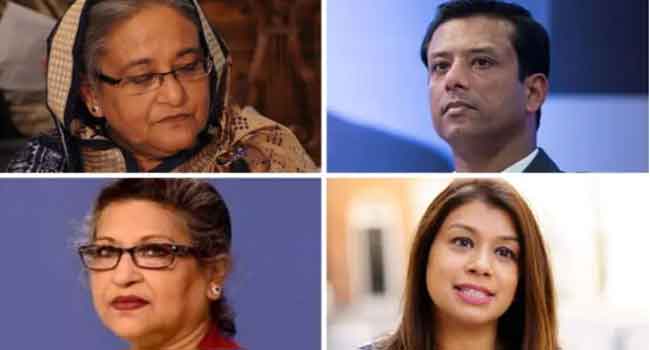The Bangladesh Nationalist Party (BNP) has unveiled a comprehensive 31-point agenda aimed at reforming the state, which has been published on their official website. The primary goal outlined in these points is the formation of a government of national consensus, encompassing people of all political affiliations and ideologies. According to the BNP, the state’s foundational structure has been severely damaged under previous authoritarian regimes, necessitating extensive repair and reconstruction.
The BNP’s proposed framework highlights that the ruling Awami League government has, for over a decade, introduced numerous contentious constitutional amendments to consolidate its power. In response, the BNP plans to establish a “Constitution Reform Commission” tasked with reviewing these amendments to either repeal or modify them and to implement other necessary constitutional reforms. The party also aims to restore the provision for referendums, thereby reestablishing the democratic rights of the people.
To create an inclusive, non-discriminatory, and harmonious “Rainbow Nation” based on the principles of Bangladeshi nationalism, the BNP advocates for ongoing dialogue and mutual understanding to forge a new social contract. In pursuit of this goal, a “National Reconciliation Commission” would be established. Additionally, to restore and strengthen democratic processes, a “Non-partisan Caretaker Government” system would be introduced during election periods.
The BNP intends to balance executive power between the Prime Minister and the Cabinet. It seeks to establish checks and balances among the executive, legislative, and judicial branches to ensure a well-coordinated distribution of power, responsibilities, and duties. No individual would be permitted to serve as Prime Minister for more than two consecutive terms. To enhance the parliamentary system, an “Upper House” would be introduced, composed of distinguished citizens, scholars, professionals, political scientists, sociologists, and experienced administrators.
The BNP also proposes revisiting the amendment of Article 70 of the Constitution to ensure that Members of Parliament can express their opinions freely. To create an effective Election Commission, the party plans to amend the “Chief Election Commissioner and Other Election Commissioners Appointment Act, 2022.” Voting by paper ballot at all polling stations would be mandated, and there would be reforms in the RPO, Delimitation Order, and Political Party Registration Act.
To rise above political affiliations, BNP envisions reinstating transparency, accountability, and credibility in all state constitutional and statutory institutions through legal reforms. A “Judicial Commission” would be established to ensure the effective independence of the judiciary, in line with the Constitution of Bangladesh and the Masdar Hossain case ruling. A separate secretariat under the control of the Supreme Court would be established. Additionally, a “Judges Appointment Act” would be enacted to specify qualifications and criteria for appointing judges according to Article 95(1) of the Constitution.
To ensure media freedom and comprehensive reforms, a “Media Commission” would be established. Steps would be taken to restore an environment conducive to honest and independent journalism, and all draconian laws that undermine fundamental human rights would be repealed. There would be zero tolerance for corruption, and a white paper would be published to investigate the corruption and money laundering that occurred over the past decade and a half. Administrative and legal measures would be implemented to recover the wealth that has been illegally transferred abroad.
The rule of law would be firmly established across all sectors, putting an end to enforced disappearances, extrajudicial killings, and inhumane physical and psychological torture. Human rights would be upheld according to the Universal Declaration of Human Rights, and specific standards would be set for appointments to the Human Rights Commission. To ensure economic justice, an “Economic Reform Commission” would be created, aiming to distribute the benefits of economic growth equitably and reduce the disparity between the rich and the poor.
Security for religious and ethnic minorities would be guaranteed, with justice ensured for any injustices against them. Fair, price-index-based wages would be secured for workers, and child labor would be abolished. Efforts would be made to reopen closed industries such as jute mills, textile mills, and sugar mills. Measures would be taken to ensure the safety and voting rights of expatriate workers.
In the energy sector, all draconian laws, including those granting immunity, would be repealed, and efforts would be made to increase renewable and mixed-energy-dependent power generation. To foster the growth of the industrial sector, investment-friendly policies would be adopted to attract both domestic and foreign investment. In foreign relations, Bangladesh’s national interest and sovereignty would be of paramount importance. The misuse of anti-terrorism laws to leverage terrorism as a political tool would be halted.
The defense forces would be organized, modernized, and imbued with the highest patriotism, remaining above all controversy. To decentralize power, local government institutions would be made more independent, stronger, and more empowered. Proper recognition would be given to individuals for their contributions to the War of Independence, and a correct list of freedom fighters would be compiled.
A modern, relevant youth development policy would be formulated, and unemployment benefits would be provided to educated job seekers. Efforts would be made to enhance the skills of the youth to capitalize on the “demographic dividend.” Specific programs would be initiated to empower women, and development plans would be implemented accordingly. Necessary reforms would be undertaken to improve the quality of education, with a special emphasis on research.
In the health sector, a “Health for All” policy would be introduced, providing health cards for everyone and increasing budget allocations for healthcare. In agriculture, fair prices would be ensured, and subsidies would be provided where necessary. Reforms would be implemented to improve communication infrastructure, and sustainable measures would be taken to address the challenges posed by climate change. Steps would be taken to elevate the information technology sector to global standards. In both urban and rural areas, policies for planned housing and urbanization would be adopted and implemented.
Through these 31 proposals, the BNP aims to move towards the establishment of a new state where democracy, justice, human rights, economic prosperity, and social equity are firmly entrenched.









